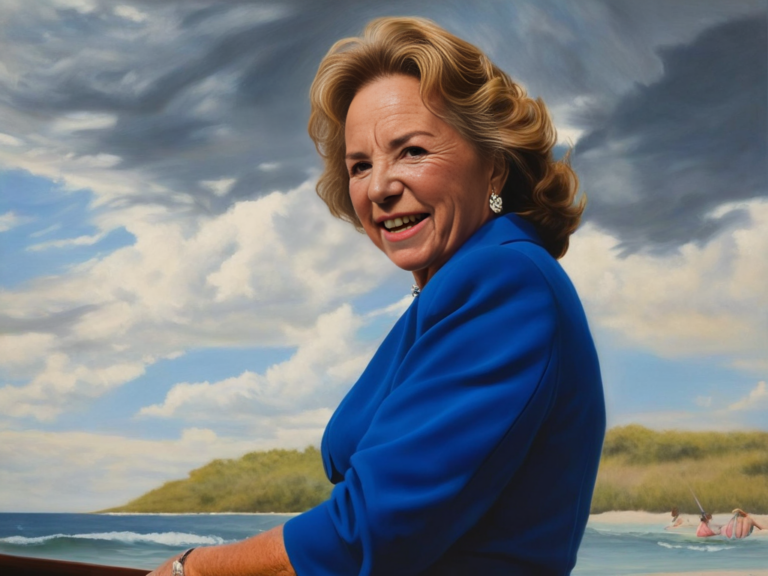Norman Lear, born Norman Milton Lear on July 27, 1922, in New Haven, Connecticut, was an iconic figure in American television known for revolutionizing the landscape of television storytelling and pushing the boundaries of social commentary. As a screenwriter, producer, and creator, Lear’s extensive portfolio includes over 100 shows, making him one of the most influential figures in the television industry, particularly during the 1970s.
Lear’s ability to infuse humour with social issues and tackle taboo subjects transformed the sitcom genre and impacted American culture indelibly. Norman Lear died on December 5, 2023
Raised in a Jewish household, Lear developed a keen sense of justice and fairness from a young age. His childhood exposure to the theatre and radio sparked a passion for storytelling that would shape his future endeavours. After serving in the U.S. Army during World War II, Lear pursued a career in publicity and writing, eventually making his way to Hollywood.
Lear’s breakthrough came with creating “All in the Family” in 1971. This groundbreaking sitcom, based on the British series “Till Death Us Do Part,” centred around the controversial figure of Archie Bunker, a conservative, working-class man and his clashes with his liberal son-in-law, depicting the political and cultural divide of the time. “All in the Family” not only tackled race, gender, and bigotry head-on but also used humour to humanize these topics. This approach struck a chord with audiences and made the show a massive success, paving the way for more socially conscious sitcoms.
Building on the success of “All in the Family,” Lear created a string of iconic sitcoms. “Maude,” a spin-off featuring Archie Bunker’s cousin, Maude Findlay, allowed Lear to delve deeper into feminism and women’s rights. It tackled hot-button topics such as abortion, menopause, and women’s liberation, shedding light on issues that were typically avoided on television at the time.
Lear’s “Sanford and Son” focused on the lives of a junkyard owner, Fred Sanford, and his son, Lamont. Though it had a more lighthearted approach, the show made significant strides by featuring an African-American family in lead roles and discussing racism, poverty, and generational gaps with wit and charm.
“One Day at a Time,” a sitcom centred around a divorced woman and her two teenage daughters, further showcased Lear’s commitment to social issues. The show tackled subjects like sexism, teenage pregnancy, and mental health, portraying them with sensitivity and authenticity. Its relatable characters and realistic storytelling made it a critical and commercial success.
“The Jeffersons” followed the upwardly mobile African American couple George and Louise Jefferson as they moved to a deluxe apartment on the East Side. This spin-off from “All in the Family” kept the progressive spirit alive by exploring racial issues, class dynamics, and the complexities of interracial relationships.
With “Good Times,” Lear introduced a comedy that focused on the hardships a poor African American family endured in Chicago’s Cabrini-Green housing projects. The show sheds light on issues such as poverty, discrimination, and marginalized communities’ struggles while holding onto a sense of humour and optimism.
Lear’s impact on television storytelling extended beyond his shows. He founded T.A.T. Communications, a production company that produced his own sitcoms. He created a platform for other talented writers and producers to explore social issues and challenge the status quo. Through T.A.T. Communications, Lear brought forth shows like “The Facts of Life,” “Mary Hartman, Mary Hartman,” and “One Day at a Time” (in its later incarnation).
Lear’s innovative approach to social issues and his ability to infuse humour into serious topics made his shows groundbreaking and culturally significant. By presenting stories that reflected the diversity and complexities of American society, Lear challenged the “wholesome” image often associated with sitcoms and exposed audiences to a more authentic representation of life.
Behind the scenes, Lear fought against network censorship, pushing boundaries and constantly challenging societal norms. He faced resistance from executives uncomfortable with his progressive message, but he persisted, often using his creative autonomy to his advantage. Lear himself once said, “I do not believe in censorship. I believe in good taste and the minimum of violence and sex. But I hate how the networks use the freedom we’ve given them.”
Norman Milton Lear’s impact on television, particularly during the 1970s, cannot be overstated. His sitcoms broke down barriers, sparked important conversations, and challenged the norms of an industry that had long avoided controversial subjects. Lear left an indelible mark on American culture as a trailblazer and an advocate for social change and acceptance.
Today, Norman Lear remains an iconic figure, a pioneer in the history of American television, and a reminder of the power of storytelling to shape and challenge the world. His legacy will forever be remembered as an influential force that paved the way for generations of television creators and continues to inspire those who believe in the potential of television to provoke thought, ignite change, and bring people together.
What is Norman Lear most famous for?
Norman Lear is most famous for his television production and writing work, particularly for creating influential sitcoms such as All in the Family, The Jeffersons, and Maude.
How old was Norman Lear when he died?
99 years old.
How did Norman Lear change television?
Norman Lear changed television by introducing socially relevant topics, challenging stereotypes, and pushing boundaries with shows like All in the Family, The Jeffersons, and Maude.
What movie did Norman Lear play in?
Norman Lear did not play in any movies.







